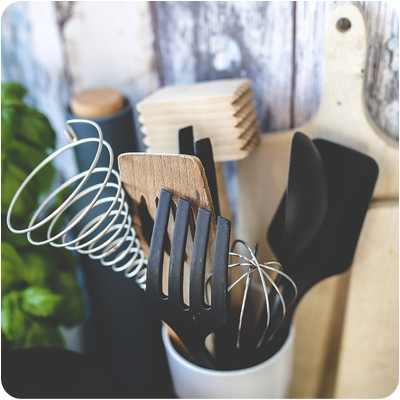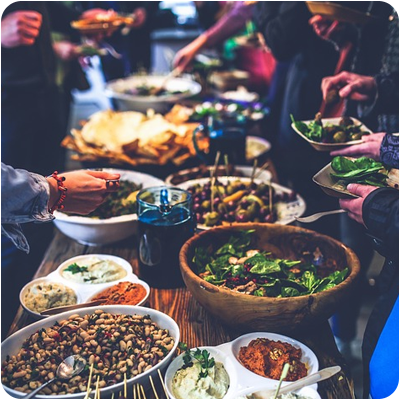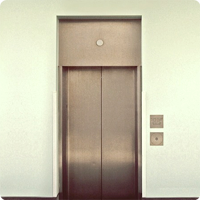Het arrangement 13.3 Preparing food - kgt34 is gemaakt met Wikiwijs van Kennisnet. Wikiwijs is hét onderwijsplatform waar je leermiddelen zoekt, maakt en deelt.
- Auteur
- Laatst gewijzigd
- 11-05-2025 10:53:14
- Licentie
-
Dit lesmateriaal is gepubliceerd onder de Creative Commons Naamsvermelding-GelijkDelen 4.0 Internationale licentie. Dit houdt in dat je onder de voorwaarde van naamsvermelding en publicatie onder dezelfde licentie vrij bent om:
- het werk te delen - te kopiëren, te verspreiden en door te geven via elk medium of bestandsformaat
- het werk te bewerken - te remixen, te veranderen en afgeleide werken te maken
- voor alle doeleinden, inclusief commerciële doeleinden.
Meer informatie over de CC Naamsvermelding-GelijkDelen 4.0 Internationale licentie.
Aanvullende informatie over dit lesmateriaal
Van dit lesmateriaal is de volgende aanvullende informatie beschikbaar:
- Toelichting
- Deze les valt onder de arrangeerbare leerlijn van de Stercollecties voor Engels voor vmbo kgt, leerjaar 3 en 4. Dit is thema 13 'Food'. Het onderwerp van deze les is: Preparing food. In deze les staat 'eten klaarmaken' centraal, waarbij er gesproken wordt over het bakken van cake en hamburgers, over de wedstrijd The Great British Bake Off en over reclame voor voedsel en voedselfraude. De onregelmatige werkwoorden in deze les zijn: to teach, to tell en to think. In de grammaticaopdracht worden de quantifiers: few en little behandeld.
- Leerniveau
- VMBO gemengde leerweg, 3; VMBO theoretische leerweg, 4; VMBO theoretische leerweg, 3; VMBO kaderberoepsgerichte leerweg, 4; VMBO gemengde leerweg, 4; VMBO kaderberoepsgerichte leerweg, 3;
- Leerinhoud en doelen
- Engels;
- Eindgebruiker
- leerling/student
- Moeilijkheidsgraad
- gemiddeld
- Studiebelasting
- 1 uur 40 minuten
- Trefwoorden
- arrangeerbaar, bakken van cake en hamburgers, engels, kgt34, preparing food, quantifiers: few en little, reclame voor voedsel, stercollectie, the great british bake off, voedselfraude
Gebruikte Wikiwijs Arrangementen
VO-content - Gereedschapskist. (2019).
Gereedschapskist activerende werkvormen
https://maken.wikiwijs.nl/105906/Gereedschapskist_activerende_werkvormen

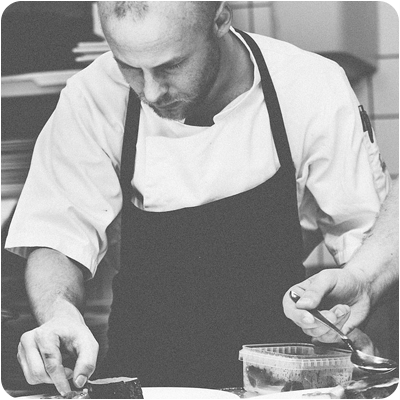




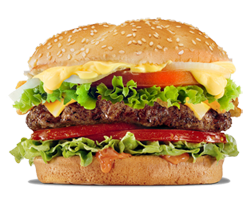 Fast food commercials
Fast food commercials


